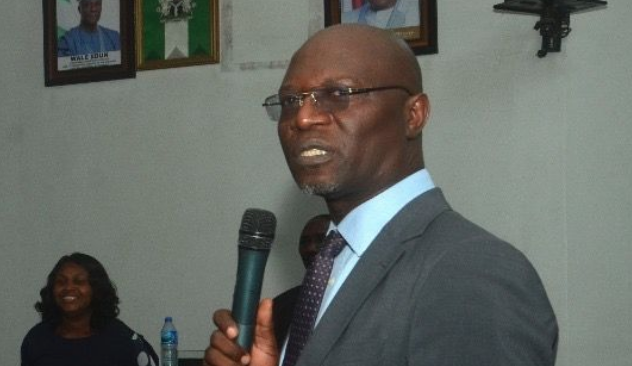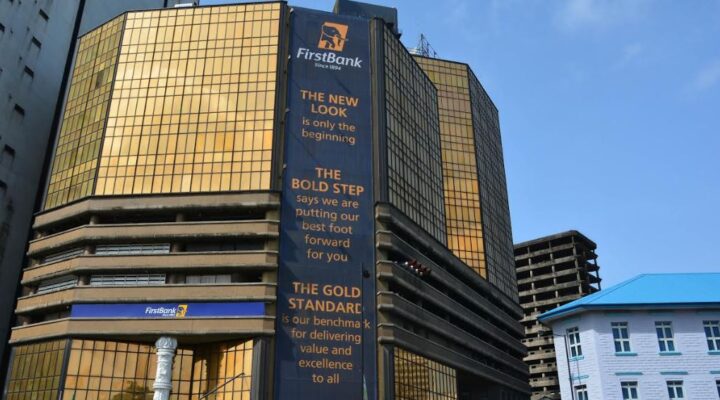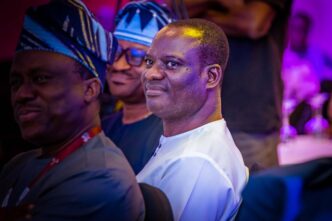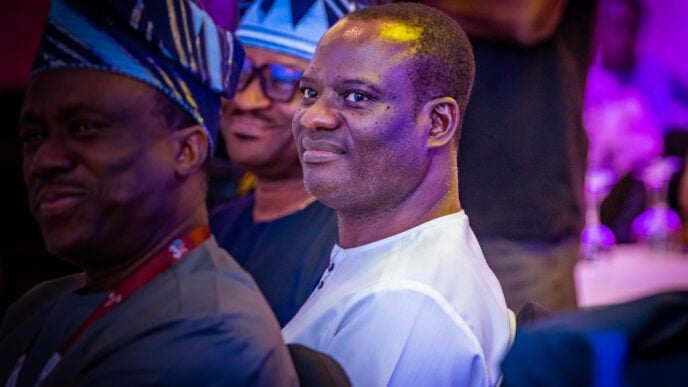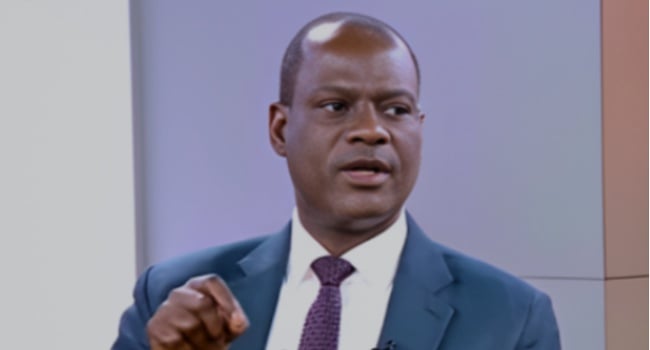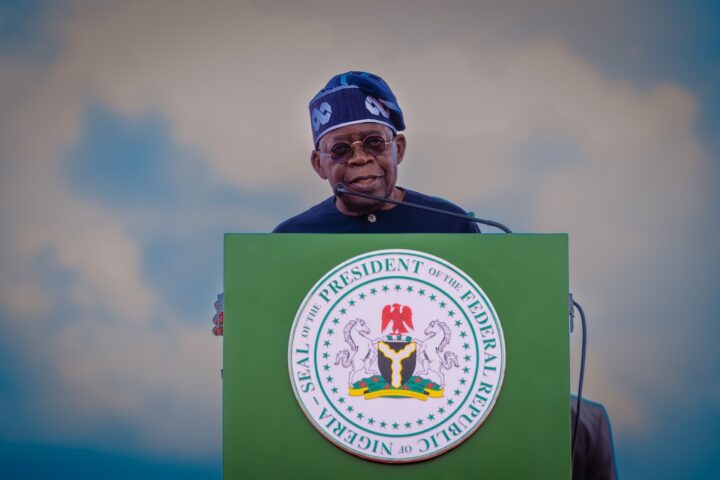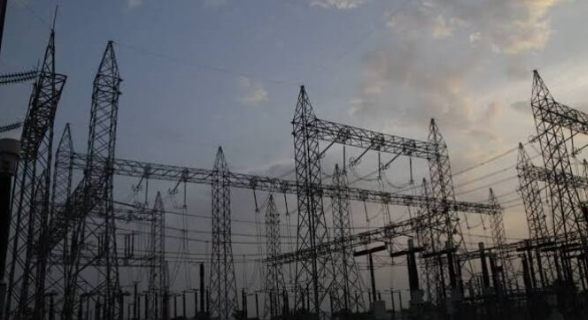Emomotimi Agama, the director general of the Securities and Exchange Commission (SEC), says Nigeria requires over $50 billion to address its infrastructural deficits while noting the role of the capital market in raising the necessary funds.
Speaking on Thursday at a stakeholders’ programme in Lagos, Agama said the capital market has been underutilised in addressing the country’s financial needs.
Agama said the regulator and operators need to further strengthen the capital market where funds are raised, noting that market-creative initiatives must be encouraged.
“We have the capacity. Debt in the Nigerian capital market has not been fully explored. People are unaware of this, which is why we are working to educate them about the capital market. The capital market is the barometer of any economy,” he said.
Advertisement
“Nigeria has the capacity to fund the capital market. To achieve this goal and mainstream the capital market into the national economy.
“Our infrastructure needs are huge, in every aspect. Considering that we have 36 states in the country and the FCT, which require funds for roads, health services, airports, education, and agriculture. It is all-encompassing, so we are looking beyond $50 billion to deal with these infrastructure deficits.
“The president of the federal republic of Nigeria, President Bola Tinubu, has asked us to grow a one trillion-dollar economy. That is possible – it is possible in the capital market. It is possible via the mining sector, the oil and gas industry, construction, housing, and development. It is possible in every way.
Advertisement
“If you imagine the amount of money we need to galvanise that, then you know it is possible. No is not an answer to us in the capital market because it is possible.”
Also speaking at the event, Tom Ceusters, director of treasury capital market and investments at IFC, said Nigeria is a critical partner and emphasised the need to educate mid-level regulators and market infrastructure participants.
“We have educated 224 alumni from 56 countries, including 22 in Nigeria. The results of the programme are tangible, with alumni like the SEC DG making significant contributions to regulation and market development,” Ceusters said.
John Hunter, chief operating officer and chief financial officer of the Milken Institute, said the programme has facilitated important conversations but stressed that real progress will depend on actions taken.
Advertisement
Hunter advised regulators to focus on making the market attractive by addressing the ease of doing business.
